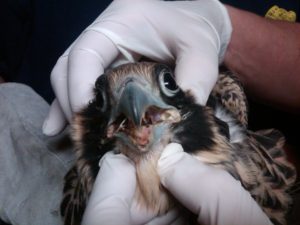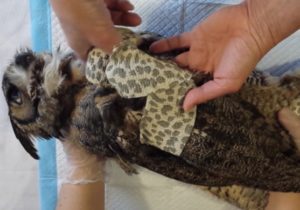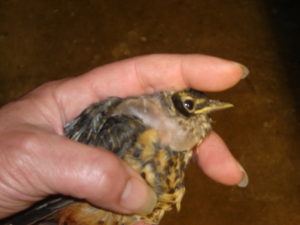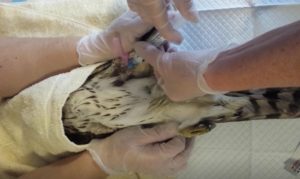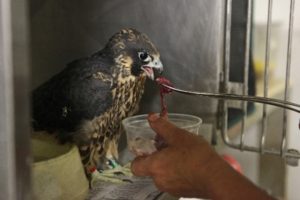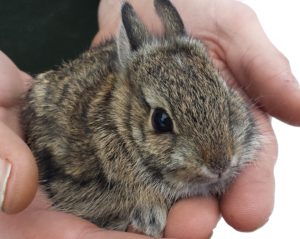Half-Price Sale
Would you like FULL-ACCESS to ALL of our courses, NOW AND IN THE FUTURE?
Red Creek Wildlife Center publishes new courses as time allows, and you have immediate access to all of the new courses when they are published.
Why do we make this offer?
We offer these classes to save animals — Not to make money!
One of Red Creek Wildlife Center’s missions is to help others become wildlife rehabilitators. It is through these students that we can help save even more animals than just those who are admitted to our center. These courses are essential for new wildlife rehabilitators, and those studying to become a wildlife rehabilitator.
We can’t offer these courses for free because they cost us so much to produce, but we do try to keep our prices reasonable. We understand that wildlife rehabilitators often donate their time and pay for their own supplies. They can’t afford massive prices.
But we also want to be sure that those enrolling in our courses are committed and value the education. Once someone makes the investment of enrolling in full-access, we want to help them as much as we possibly can in the future. We do this by including all of our online courses produced by Red Creek in the future without ever charging again. No yearly fees, no hidden surprises.
How long is this membership good? As long as Peggy is producing classes – AND SHE HAS NO PLANS OF RETIRING!
Peggy Hentz, Red Creek’s Founder, has been rehabilitating wildlife since receiving her first permits in 1991. In 2013, she turned over the daily animal care at Red Creek to a younger generation of wildlife rehabilitators and embraced educating future rehabilitators.
Beginning in Pennsylvania, Peggy conducted weekend classes at Red Creek and developed the “Basics in Wildlife Rehabilitation Series.” She also developed Pennsylvania’s certification program for Wildlife Capture and Transport and for rehabilitators who seek approval to treat Threatened and Endangered Species.
It was an immense passion that drove Peggy to rehabilitate wildlife and create Red Creek Wildlife Center. Today, that same passion is focused on creating new educational opportunities for you and anyone who wishes to save wildlife, do it well and lawfully.
Have you purchased individual classes already?
Sign up for FULL-ACCESS and get credit for the courses you’ve already paid for. We refund your past enrollment fees to your PayPal account once you are enrolled, and we’ve confirmed your past enrollment!
SIGN UP TODAY!
$500.00
50% OFF – $250.00
(I guarantee 100% privacy. Your information will NEVER be shared)


